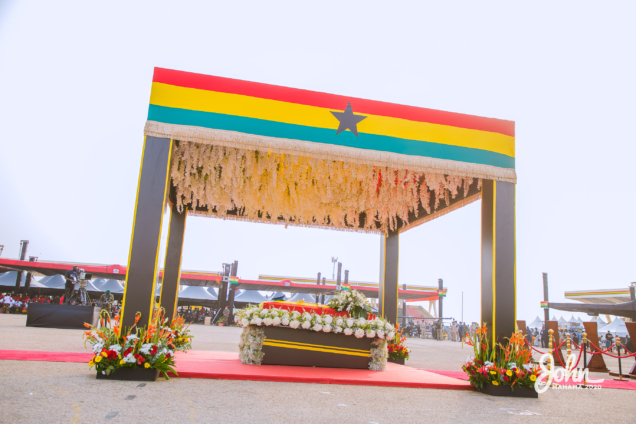Former Special Aide to Jerry John Rawlings is appealing to government to reconsider the burial place of the late former President and make it easily accessible to the people to reflect his character, belief and philosophy.
Reflecting on the 40th anniversary since Rawlings bursting onto the political scene to establish the Fourth Republic, Dr. Donald Agumenu bemoaned the limited access to Rawlings graveyard as "not in tandem with what the Ghanaian leader stood for.“
Notwithstanding the befitting burial of President Rawlings, it's important to underscore the fact that government was misled on the choice of his burial place, he said.
According to him, "if his wishes will not be respected after his demise, at least his nature should be honoured."
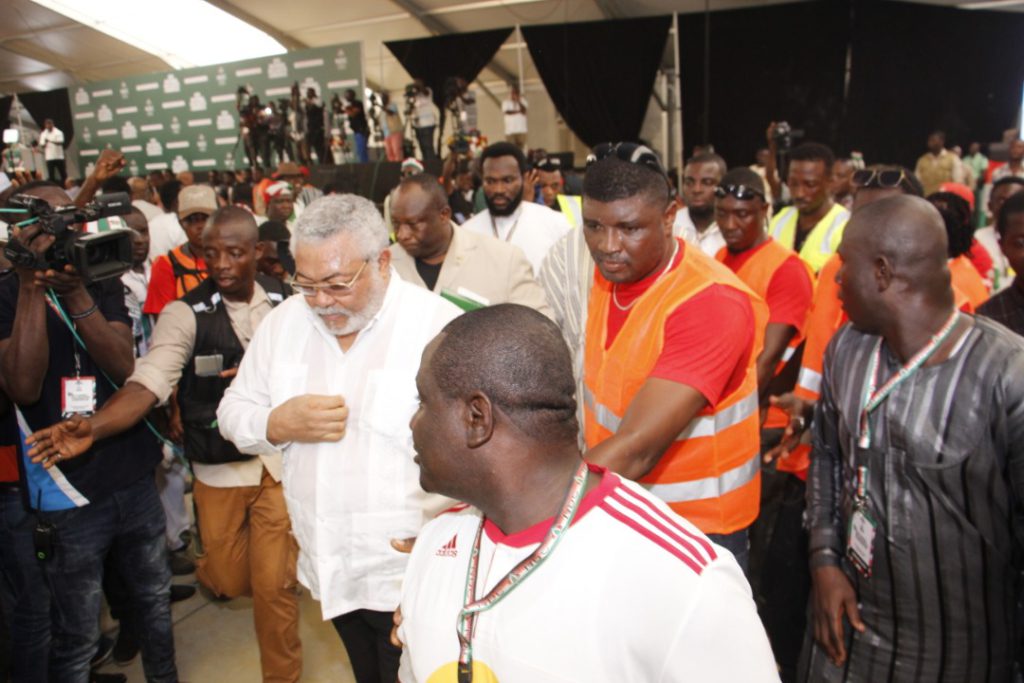
“He was a man of the people and his final resting place should reflect his character. A place that is secured but easily accessible to everyone including the common man on the streets of Dzorwulo traffic, Zabzugu, Wa, Tsokor , Aflao, Yendi, Dzelukofe, Suame, Ashiaman, etc.
"The Makola woman and that of Kejetia should not go through rigorous processes to pay him homage,”
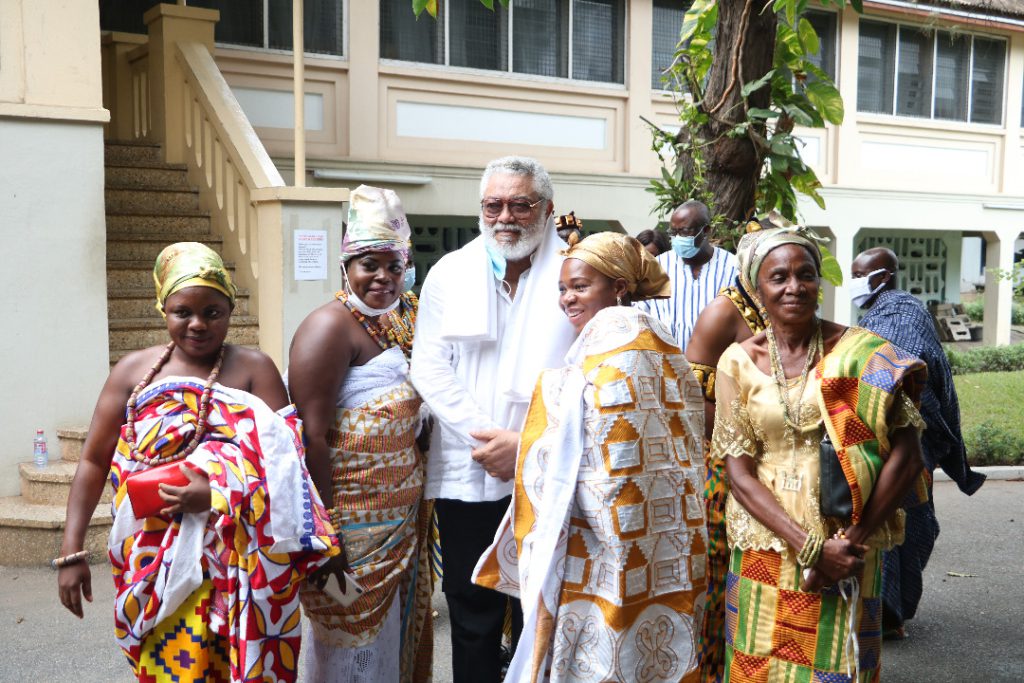
He is of the view that “underdogs just as the upper class should have a sense of equity in connecting with the man they loved” as the former President truly loved them.”
He continued, pointing out that President Rawlings’ “actions and inactions were purely motivated by a quest for justice and equity for all” and noted that his present burial place is “not a testament to both his character and his wishes.”
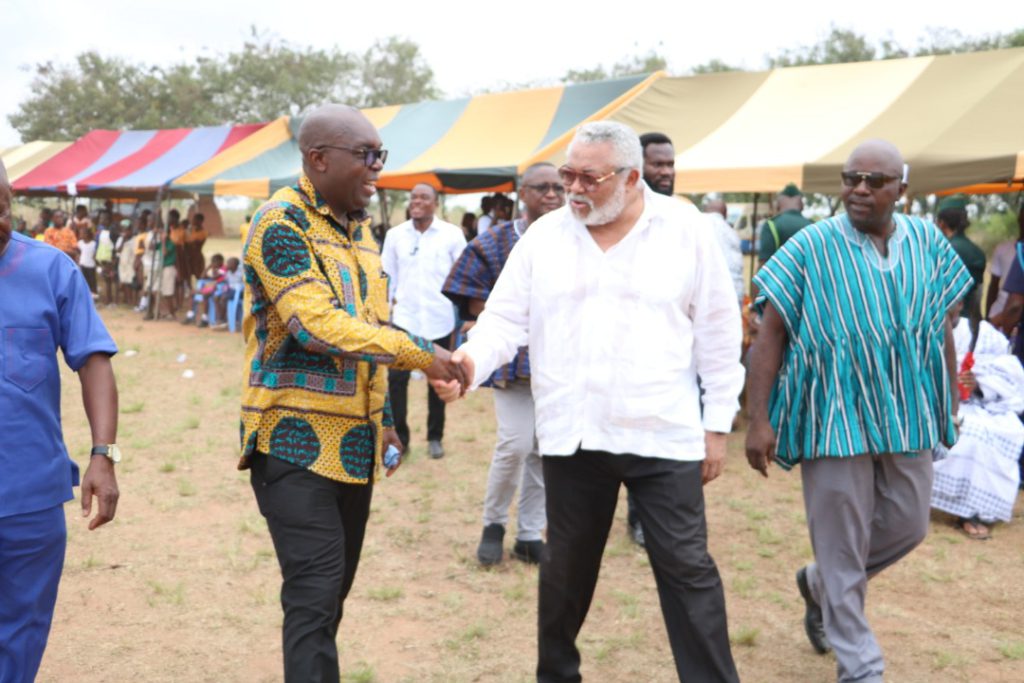
According to Dr. Agumenu, former President Rawlings ensured that the first President of the Republic of Ghana, Dr. Kwame Nkrumah was given a befitting place of burial in Accra that reflected his persona and that place has been made accessible to everybody.
“In the same vein, we need to accord President Rawlings a place that is in sync with his value system- free up that burial place for the people to visit anytime they wish, for them to continue paying their homage in reminiscent of his good works.
"The situation must not be created to seem as if Rawlings’s mortal remains are caged in some elitist enclave. The place should be situated in such a way that every cadre and political activist can easily access,” he said.
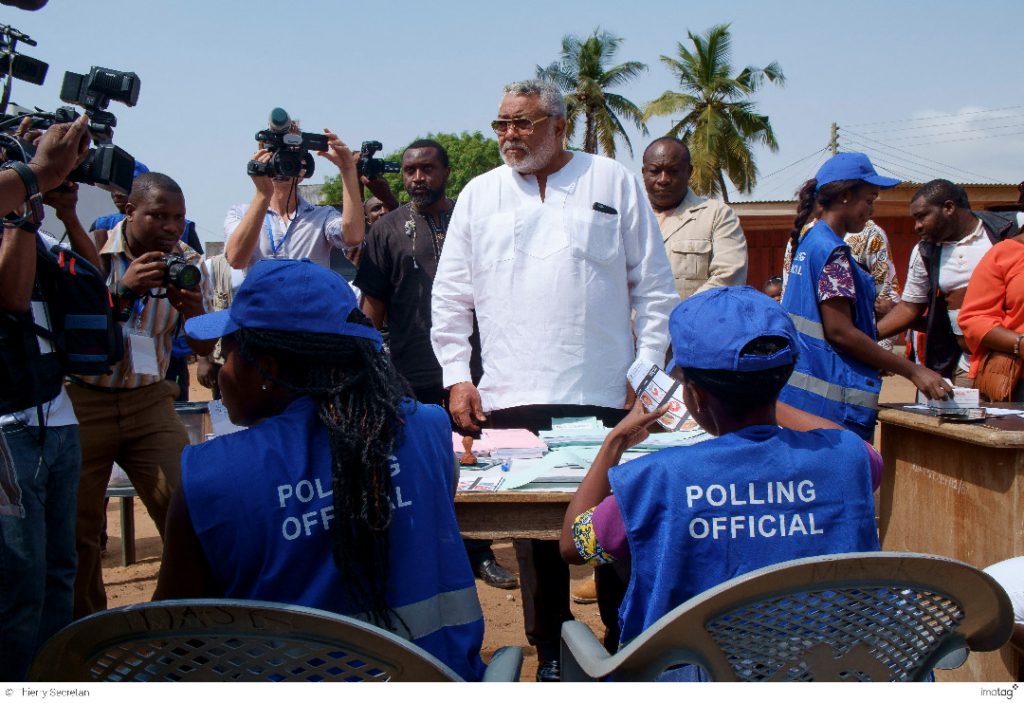
Dr Agumenu further observed that the values of truth, integrity, accountability and transparency which Rawlings touted should give Ghanaians a wake-up call to rally together in protecting and strengthening the institutions of our democratic fabric.
“The debate is still alive about the steps he took 40yrs ago. As I reflect on the complexities of that phase in our political history, one will agree with me that the former leader succeeded scrounging the kind of sociopolitical stability we enjoy today,” he added,
“What happened in Parliament on the E-levy is a true testament of how actions and inactions could generate spontaneous reactions if not mitigated early enough. In fact, the issue unravels some level of fragility in our democracy and therefore calls for deliberate steps to broaden our quest for building robust democratic institutions while building capacity for the actors, policemen and women of our governance system.”
Dr Agumenu advocated for laws governing government projects, portfolios and programmes formulation and implementation to be attached with strong entrenched continuity clauses not only to roll out a national developmental agenda but also to protect public expenditure and waste emanating from their discontinuity.
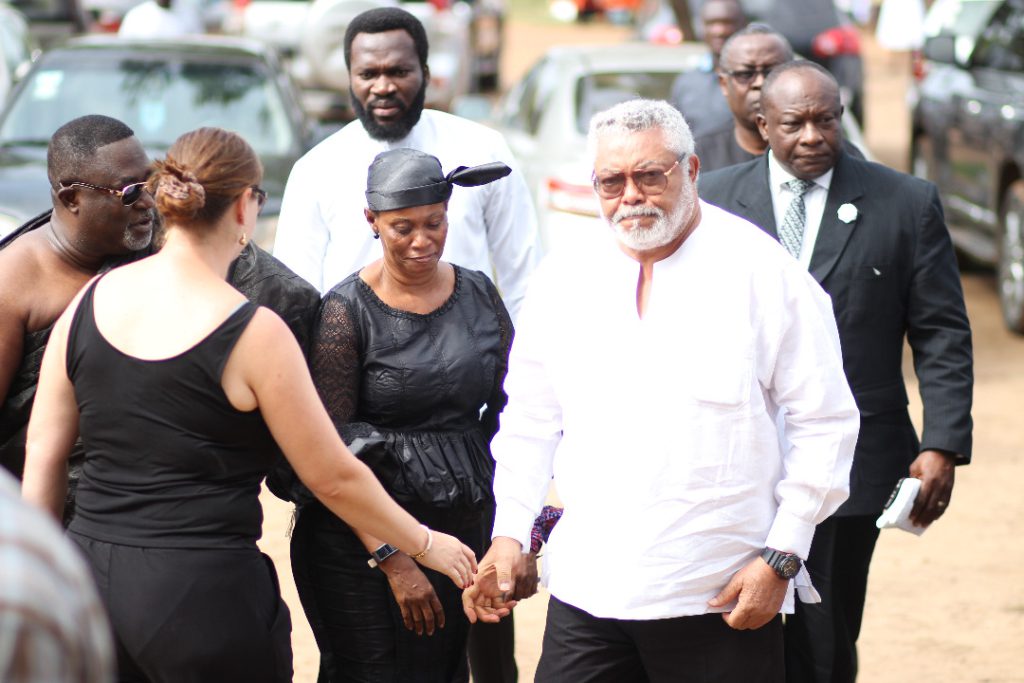
He also called on the leadership and the rank and file of the National Democratic Congress (NDC) to do some sober introspection and ensure the party is anchored firmly on the solid foundational principles lived and died for.
“The leadership of the NDC must craft that unique selling proposition that the party is people-centered. That the NDC is for the people and ready to provide better lives for everybody regardless of religion, social status, tribe, gender or creed. This is the best way to make the NDC of today attractive in order to win elections,” he pointed out."
On 31st December 1981, Jerry John Rawlings seized power from President Hilla Liman and his Peoples National Party (PNP) government citing bad governance and general hardships.
He then formed the Provisional National Defence Council (PNDC) which would later transform into the NDC as a fully registered political party. In 1992, with President Rawlings as flagbearer, the NDC won the polls convincingly, a feat which was repeated in 1996.
President Rawlings in 2001, handed over power to New Patriotic Party’s John Agyekum Kufuor who emerged winner of the 2000 presidential elections. Ghana’s Fourth Republican constitution thus became institutionalised and has become a bastion of sustainable peace and development in Africa.
Latest Stories
-
NDPC and IMCC collaborate to drive decentralisation reforms
3 minutes -
‘Let us reaffirm our commitment to building a continent of prosperity’- Mahama to African leaders
4 minutes -
Return stolen artefacts and cultural treasures that rightfully belong to our heritage – Mahama to colonial rulers
6 minutes -
The Great Legal Showdown: Ego, Arrogance, and Popcorn!
11 minutes -
We remain steadfast in our belief to achieve our goals – GFA President Kurt Okraku
18 minutes -
Djokovic makes more history with 100th singles title
33 minutes -
Real’s Ancelotti ready for ‘new adventure’ with Brazil
36 minutes -
GFA to announce new broadcaster for GPL soon – Kurt Okraku
40 minutes -
‘This cannot be entertained’ – Minority criticises Mahama over silence on statutory funds
49 minutes -
Real Madrid announce Xabi Alonso as new manager until 2028
60 minutes -
Mahama calls for reparations to address centuries of African exploitation
1 hour -
The Internet doesn’t forget: When Bawumia predicted Gold Purchasing Programme was a ‘Game Changer’ to Ghana’s macroeconomic management
1 hour -
‘I am a singer, Patapaa isn’t but he’s great’ – Yaw Darling clarifies, apologises to musician
1 hour -
Isaac Botsio clocks 9.94s to win NCAA DII
2 hours -
Expert urges calm over mosquito disease found in UK
2 hours

